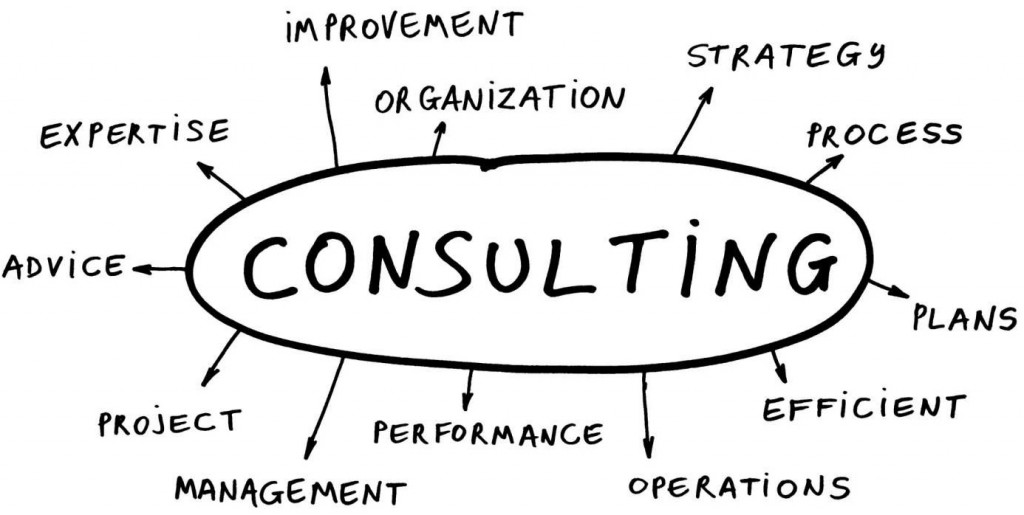
If you are considering starting your own consulting business, it is important to understand what the differences are between running a traditional company and a consultancy business. You are paid by clients to work on consulting projects in a consultancy business. This means that you have to generate business. This means you need to be comfortable in marketing and sales. Although you don't have to be an expert in these areas, you must be comfortable with these skills.
Be honest about your strengths and expertise
Be candid when you interview. These strengths can be used as a way to show interest in the position, the sector, and the company. These will show that you are a leader and have the ability to work well with others. Interview questions are a great way to show how you interact with people and your interpersonal skills. Also, you can demonstrate your industry knowledge and understanding of the company's services.
When choosing a consulting specialty to specialize in, consider your other skills and experiences. If you love medical sales, it might be worth pursuing a specialization in this field. Additionally, consider your hobbies and interests outside of the consulting world. A good consultant will know how to set boundaries and meet requirements.
Self-motivation is key
It is important to first understand the importance self-motivation and then you must know what will make your success. It is vital to learn about motivational factors so that you can apply them in your work. You need patience and perseverance. You should also reward yourself for your efforts. This can be done by setting small goals each day or weekly. Then, make an action plan to achieve these goals.

If you want to be a successful consultant, you must possess the right mindset. Consultants must be well-organized and organized. They must be quick learners. Self-motivation and self discipline will help you get the job done.
Get organized
Being a consultant requires you to be organized in order to be successful. Consultants can have a busy life. It is important to be organized. These are some tips that will help you stay organized. It is essential to manage your time. Here are some tips to help you do it.
Your expertise and talents are important. Apply your skills and knowledge to solve problems. As a computer consultant, for example, you will need to stay current on new hardware and software. You'll also need to be able turn this knowledge into a valuable resource that people can afford.
Be good at boundary setting
You should be a master at setting boundaries. You can help your business function effectively and provide excellent service by using professional boundaries. This also makes your client experience positive. While it is difficult to set boundaries, there are some easy steps that you can take. First, be prepared. It may surprise you to learn that 90% of successful people can set boundaries.
Consider your strengths. Consider side hustles for those who are skilled in medical sales. These will make it easier to manage your time. Consider your self-motivation as well as your ability to meet needs.

Build a network
It is crucial to create a network with people who can help you as a consultant. Social media platforms such as Twitter, Instagram and LinkedIn are great for sharing your work. Through networking, you can display your talents, draw diagrams, or note the right times and places to post on these platforms.
Before you apply for a consultancy position, it's important to network. It will help you find people with the right expertise. They could be mentors and collaborators. This will increase your chances of being interviewed or selected for a screening test.
FAQ
How do I get clients to my consulting business?
It is important to identify an area of passion. It can be anything you like, including public relations or social media. If not, you may have to start small by finding a niche market such as web design. Once you have identified the niche, be sure to fully understand its characteristics. What problems does the solution solve? Why should people use it? But most importantly, what can you do to help them?
You can also contact businesses directly.
If all else fails offer your services for free at networking events and conferences. You will meet potential customers and be able show your skills without having to spend money advertising.
How much are consultants paid?
Although some consultants can make more than $100k annually, the majority of consultants earn between $25-$50k. A consultant's average salary is $39,000 This includes both salaried and hourly consultants.
Salary is dependent on experience, location and industry. It also depends on whether the consultant works from home or has a remote office.
Who hires consultants
Many organizations have consultants who help them with projects. These include small businesses, large corporations, government agencies, non-profits, education institutions, and universities.
These consultants may work directly for the organization, or freelance. In either case, the hiring process varies depending on the size and complexity of the project.
Before you can hire a consultant, there will be several rounds of interviews.
What is a consultant and what are their responsibilities?
Consultants provide services for others. It's not a job title. A consultant is a role that helps others achieve their goals. This is done by helping others understand their options and making the right decisions.
Consultants have the ability to solve any problems or challenges that may arise from projects. They offer guidance and advice about how to implement such solutions.
Consultants should be able and willing to answer any questions regarding business, technology or finance, leadership, strategy, customer service, legal, management, leadership, management, law, management, law, procurement, legal, marketing, human resources, etc.
What industries use consultants
There are many different types. Some consultants are focused on a specific type of business, others may specialize in multiple areas.
Some consultants are limited to working for private corporations, while others can represent large corporations.
Some consultants can also help businesses all around the globe.
How can I become an expert consultant?
Finding a passion area is the first step. Building relationships is the next step. You need to know what clients want and how they operate. Finally, you must deliver results.
While you don’t have to be the greatest at everything, you have to be better than everyone else. You must also have passion for your work. It is not enough to simply say, "I want to become a consultant." You must really believe in yourself and what you're doing.
What skills are necessary for consulting?
A consultant should have strong analytical skills as well as interpersonal skills. This is crucial because you might not be able to understand what you are doing when you work on complex projects. This is a must because you need to learn how quickly you can manage people.
Excellent communication skills are also essential. Most clients expect a reply within 24 hours. If they don't hear back from you, they assume you aren't interested. It's important, therefore, to always keep them informed and ensure they understand what is going on.
Statistics
- So, if you help your clients increase their sales by 33%, then use a word like “revolution” instead of “increase.” (consultingsuccess.com)
- According to IBISWorld, revenues in the consulting industry will exceed $261 billion in 2020. (nerdwallet.com)
- WHY choose me: Why your ideal client should choose you (ex: 10 years of experience and 6-week program has helped over 20 clients boost their sales by an average of 33% in 6 months). (consultingsuccess.com)
- According to statistics from the ONS, the UK has around 300,000 consultants, of which around 63,000 professionals work as management consultants. (consultancy.uk)
- 67% of consultants start their consulting businesses after quitting their jobs, while 33% start while they're still at their jobs. (consultingsuccess.com)
External Links
How To
What's a typical day like for a Consultant?
Each type of work will dictate the day's pace. However, the majority of your day will consist of research and planning, meeting clients and preparing reports.
You will often have meetings where you discuss issues and problems with clients. These meetings can be conducted over the phone, by email, face-to-face, or online.
You may also be asked to prepare proposals, which are documents outlining your ideas and plans for clients. Before presenting these proposals to clients, you will usually need to discuss them with a colleague or mentor.
After all the planning and preparation, you will have to produce some content. You might be creating articles, videos, editing photos, writing interviews, or designing websites.
Depending on your project's scope, it may be necessary to do research to get relevant statistics. This could include finding out how many customers your company has and whether they purchase more than one product.
Once you have all the information needed, it is time for clients to see your findings. Your findings may be delivered orally, or written.
After the initial consultation, it is important to follow up with clients. You could phone them occasionally to check on things or send an email asking them to confirm that you have received their proposal.
While this can be a slow process, it's essential to remain focused and maintain good working relationships with clients.